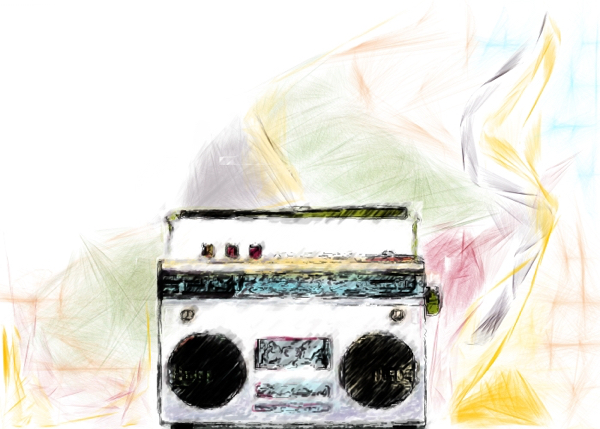A look at how music has evolved and the memories we build with our favorite tracks.

For those of you who are in your thirties and above, do you ever listen to the radio and wonder what has happened to music these days? I am sure many of you would agree that music was a lot better back in our days, including the songs that our parents used to enjoy. Is this because music these days has made a drastic change from what we are used to, or is it something deeper than that? It very well could be the fact that music has the power to evoke memories, thoughts, and places, just as smells or other senses can trigger emotions as well.
Have you ever turned on the radio to find a song that transports you back to a different time? Psychologists call this the “reminiscence bump”, as classic songs take us back to our teenage years or early twenties, where we were likely experiencing new things, and these have become memories that are meaningful to us. Dan McAdams, a psychologist at Northwestern University, has gone as far as to say that events from our adolescence and twenties hold such significance because that’s when people are forming their identities and making choices that are potentially long-term. It is the time when people find their sense of self and belonging.
Brain imaging studies have also shown that the music we like can stimulate the neurochemicals in our brain and bring us immense pleasure, similar to the effect that love or drugs can have on people. That is why being able to relive songs that take us back in time can stir up these emotions.
So on the one hand, we may prefer older songs because of the effect they leave on us, but on the other hand, a lot of the music out there today also appears as though they have lost their essence and the goal is only to sell and make a profit. Songs today are not too far from just being repetitive sounds and noisy tunes that tend to catch on after being played over and over again on the radio. The lyrics are devoid of meaning and more and more songs are targeted at selling sex, drugs, and alcohol.
Music today is also a lot more about the performer than the song itself. It is, therefore, not surprising that a song such as PSY’s ‘Gangnam Style’ held the record for the most watched song on YouTube for six years with over 2 billion views. Of course, this is in part because of the Internet and the increasing access that today’s youth have as compared to the past. Nevertheless, this still goes to show the type of tunes that draw people in.
Of course, people have different tastes and what might appeal to someone might not appeal to another. Ultimately, we cannot dismiss today’s music altogether as they are surely catering to the needs of this generation.
So for some of us, it could be a combination of nostalgia that has us yearning for classics, together with the fact that our tastes may have changed so much that we simply cannot adapt to the newer songs out there. There is nothing wrong with choosing to indulge in classics or songs that trigger our emotions and memories as long as we don’t end up living a life looking to the past, and instead are also capable of looking forward and opening up our senses to new beginnings and experiences.
References:
- https://www.billboard.com/articles/columns/pop/7864953/
psy-gangnam-style-video-most-watched-youtube-record-see-you-again - http://www.slate.com/articles/health_and_science/science/2014/08/
musical_nostalgia_the_psychology_and_neuroscience_for_song_preference_and.html - http://www.bbc.com/culture/story/20140417-why-does-music-evoke-memories
- https://www.psychologytoday.com/blog/cusp/201210/the-reminiscence-bump



